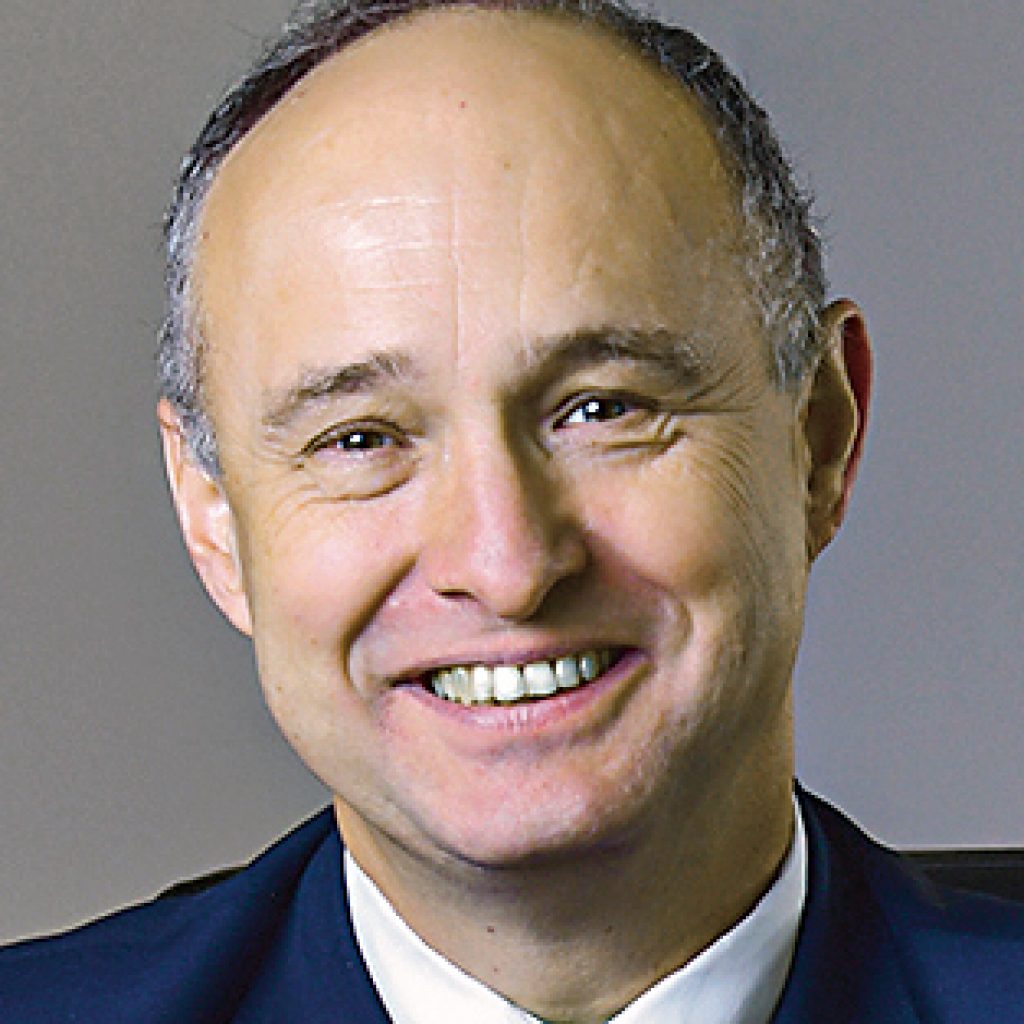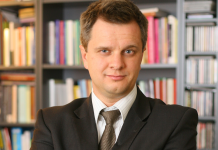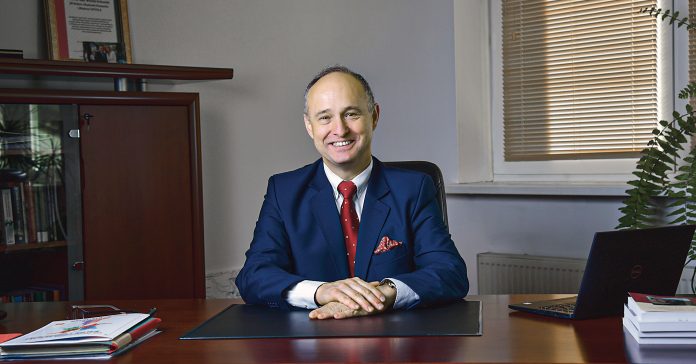We talk with prof. Wawrzyniec Konarski, rector of Academy of Finances and Business Vistula, laureate of the Leader by Vocation title and current member of the Program Jury, about the most important competences of the leader, leadership skills, bright and dark sides of management, and ability to cope with failures.
Who do you perceive a leader?
Above all, leader must be responsible in almost all areas of their activity. This is their primary duty, because the fate of the people depends on their decisions. They must set their own goals, but also have the ability to convince others to do so. And not with administrative methods, but with persuasion and justifying why the particular option should be put into practice. Responsibility is therefore the ability to design specific goals and maintain a sharp distance from oneself in order to remember that the decisions made affect both the fate of people directly associated with the leader and the well-being of large social groups. Such a leader should also be able to admit defeat, explain it in a transparent manner, that is, so that people working with them know that their boss has the ability to be self-critical.
A leader who considers the possible fate of employees is definitely someone empathetic.
Naturally. People are only people, so when they face their daily challenges that they have to face and are held accountable for it, then in a situation of some problems, the leader must be at their disposal. Everyone should know that in any situation, not only professional, they have a person to count on. This is difficult, of course, but a true leader must have the skills. If they are absent, his leadership becomes merely formal.
We already know that a leader must be a responsible, empathetic strategist, and what other qualities should he have?
What is certainly important here is knowledge. Not only theoretical, based on learned rules, but also practical, resulting from experience. This competence is extremely important because it allows drawing conclusions from the past in order to avoid – let’s call it – recidivism of mistakes. This can be seen very clearly in politics. Those who do not learn from their mistakes will never become a statesperson, that is, a leader invoked for decades, not just for the short term. It is not different with business or any other activity. Moreover, if the manager does not act for the benefit of the vast majority of people in the country, company, institution or university, but only for the benefit of themselves and their closest group, then he ceases to be an effective leader, being only an ad hoc decision-maker.
In a way, leadership is a mission.
It is both mission and vision. The leader needs to know where he is going with their decisions. It’s a responsibility problem again. He must be able to win allies and have the gift of persuading them to be right. Sometimes, if someone is not on their way, they should part with that person. But a true leader never humiliates anyone; a true leader justifies their decision. Superbia is inadvisable in any position; it becomes unproductive and rather destructive of those who show it, and in the case of those who want to lead longer, even unacceptable. A good leader undermines their authority by showing a low culture of coexistence, which proves the lack of interpersonal competences.
Statesmen, great people of business and science become universal authorities. Who would you include in this undoubtedly narrow group?
When it comes to statesmen from our modern history, because there is no need to go back to the more distant past, a few names come to mind. Such an example for me is Charles de Gaulle, who was able to control the situation in France at the time of the collapse of its colonial empire. A closer example of an effective and extremely empathetic leader was and still is Nelson Mandela. After assuming power, this South African president and Nobel Peace Prize winner managed to control the mood of mutual, racially motivated hostility in the country. By relinquishing his revenge against the supporters of apartheid, he guided his country through the most difficult years after the change of power. As a lady of state, I would point to Indira Gandhi, Prime Minister of India, the only woman holding this position in a politically very divided country at the time, despite the shadow of Operation Blue Star, when she gave Sikh separatists a bloody shrift. As a lady of state is and will be remembered Angela Merkel, long-time chancellor of Germany whose rule changed a lot in the external and internal politics of the state, certainly influencing the next few generations.
Could you indicate the features or skills that are particularly useful for the rector of a university?
Apart from those that we have already talked about, the ability to mediate effectively, even diplomacy in a sense, seems very important to me. Conciliation competences, resulting from both knowledge and experience, allow not only to defuse possible conflicts, but even to prevent them by pacifying them in the bud. It is an invaluable skill in management. In my individual case, the knowledge about multiculturalism is especially necessary, which I hope I have. All these features and competences create an opportunity to avoid potentially dangerous conflicts. This, in turn, translates into the current functioning of the university, building its position, strengthening its current and future strategic forms of activity on the difficult educational market, both in Poland and abroad.
Thank you for the conversation.
Piotr Góralczyk
Beata Sekuła

Prof. dr hab. Wawrzyniec Konarski, rector of the Vistula Academy of Finance and Business – University professor and political scientist, lecturer, researcher of ethno-cultural and political-system issues in democratic and authoritarian systems and selected issues within the latest political history, as well as ethnopolitics, including nationalisms and regionalisms in the modern background historical perspective. Participant of over 200 conferences, seminars and panels in Poland and nearly 20 countries on three continents; member of national and foreign scientific associations. Author of over 220 publications in such areas as political science, cultural studies, media studies and international relations (published in Polish, English, Croatian, Finnish, Japanese, German, Russian, Slovak and Ukrainian).











































































